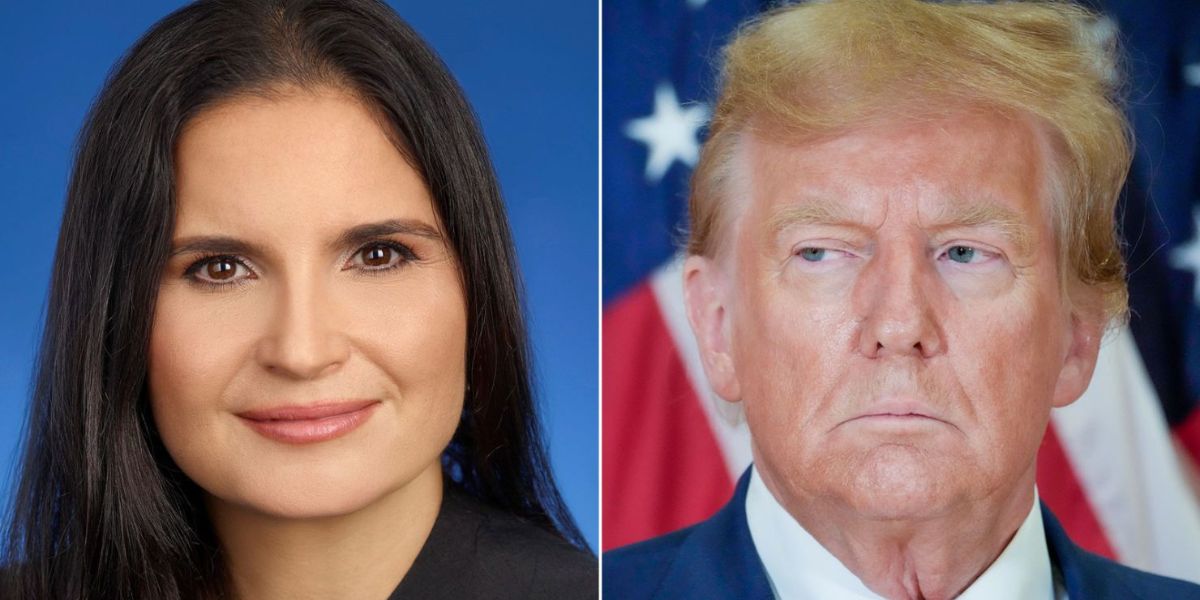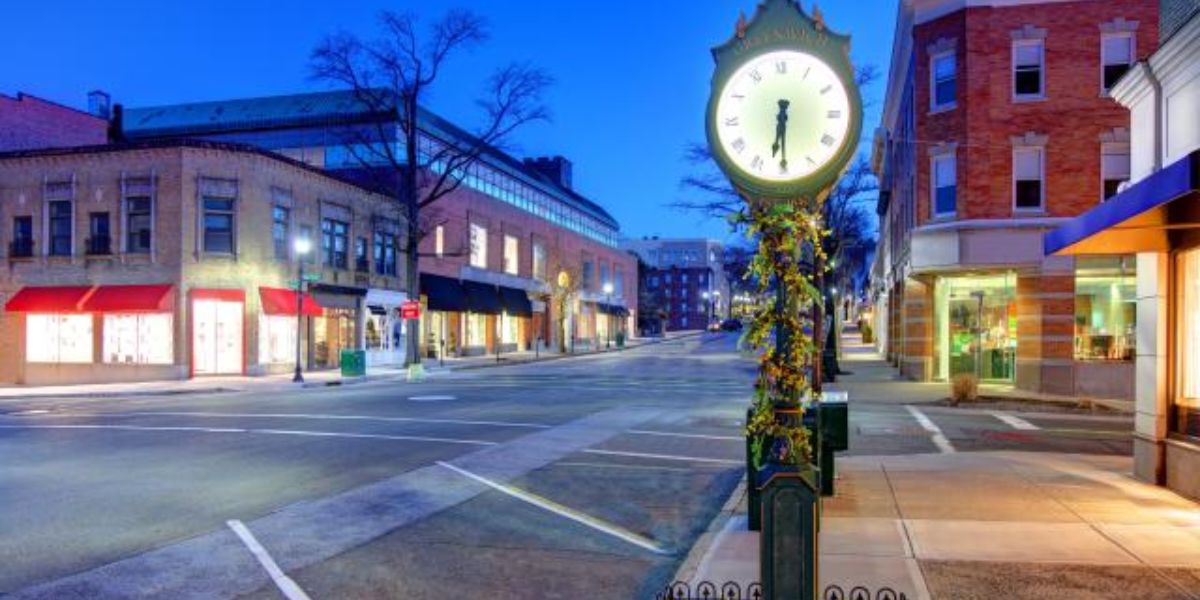Fort Pierce, Florida — The federal judge handling Donald Trump’s secret papers lawsuit questioned special counsel Jack Smith’s prosecutors on Friday about how closely Attorney General Merrick Garland supervises their work.
Under relentless questioning from U.S. District Judge Aileen Cannon, the prosecutors refused to provide details and appeared taken off guard by the inquiry. At one point, Smith subordinate James Pearce stated that he was “not authorized” to divulge the extent of communication between the attorney general and the special counsel.
“I don’t want it to appear like I’m hiding something,” Pearce stated.
The questioning came at the conclusion of a five-hour hearing centered on Trump’s long-shot attempt to get the allegations against him dismissed. Smith has accused Trump of hiding national secrets at his Mar-a-Lago resort following his administration and hindering the government’s efforts to recover them.
Trump claims Smith’s appointment by Garland as special counsel in November 2022 was unlawful, and Smith lacked the legal power to launch the lawsuit against the former president.
Though other courts have uniformly dismissed similar challenges to the constitutionality of special counsel appointments, Cannon – a 2020 Trump appointee to the bench — has scheduled long oral arguments on the issue, indicating that she is taking it seriously. Throughout Friday’s sessions, she provided little indication of how she expects to rule.
The Justice Department usually assigns special counsels to monitor cases where the department’s leadership may have a conflict of interest. According to DOJ standards, special counsels report to the attorney general but are more independent than regular federal prosecutors. Trump has openly stated, without evidence, that Smith is effectively a pawn for President Joe Biden.
In court, however, his lawyers argue that Smith’s independence means he is working outside of the scope of what DOJ workers are entitled to do. According to Trump’s lawyers, only a president-appointed and Senate-confirmed officer may wield the kind of influence Smith has. For decades, special counsels were neither nominated by the president nor confirmed by the Senate.
In asking prosecutors about Garland’s oversight, Cannon appeared to be attempting to ascertain how much independent authority Smith possesses in practice.
Before the court asked her questions, Trump’s attorney Emil Bove noted that Garland had stated that he had “no coordination” with Smith on the other criminal case Smith has filed against the former president: allegations saying Trump attempted to subvert the 2020 election.
Smith’s team, lead by Pearce, aggressively rebutted claims that Smith’s appointment was illegal, characterizing Smith’s function as an uncontroversial exercise of Garland’s authority to organize the Justice Department as he deems fit. Pearce highlighted that Smith was “in compliance” with longstanding Justice Department rules and procedures governing his appointment and conduct of the matter.
The confrontations marked the start of a three-day stretch of heated hearings convened by Cannon, which will last Monday and Tuesday. Monday’s hearing will center on another facet of Trump’s attempt to overturn Smith’s appointment: the accusation that he is being inappropriately supported by an indefinite Justice Department budget line item.
The judge’s in-depth investigation of a topic that most other courts have ignored has sparked confusion in the legal world and prompted renewed criticism of her handling of the sensitive case. Adding to the odd dynamic, Cannon allowed three outside experts — two in favor of Trump’s stance and one in favor of Smith’s — to address the court for 30 minutes each, which is almost unheard of in criminal cases.
Cannon shocked legal experts across the ideological spectrum in 2022 when she halted the Justice Department’s inquiry into Trump’s retention of sensitive materials shortly after the FBI raided Mar-a-Lago. Her decision drew significant criticism from a conservative panel of the 11th Circuit Court of Appeals, which allowed the investigation to continue. The Supreme Court declined to hear Trump’s appeal.
After Smith charged Trump in June 2023, Cannon was randomly selected to judge over the case. She has moved slowly on several pretrial items, some of which are routine, and the trial date has been postponed indefinitely.
Trump’s attorneys spent the majority of the day arguing that Smith’s enterprise should not be allowed to continue. Bove said that keeping the special counsel in place constituted a “shadow government.”
Cannon said, “That sounds very ominous,” and asked Bove what he meant. Bove stated that permitting an unconfirmed official to take the activities Smith is taking is a “risk we are taking.” During the hearing, Cannon questioned attorneys for both sides — as well as the three outside experts she allowed to speak — on their positions on several federal statutes governing the Justice Department, as well as the long history of the use of special prosecutors and counsel.
One pivotal milestone in that history was the famous Supreme Court decision ordering then-President Richard Nixon to turn over tapes to a special prosecutor investigating the Watergate burglary. Cannon wanted to know if the part of the order dealing with the special prosecutor was related to Smith’s appointment.
Attorneys for Smith claimed that the finding, along with several others at the appeals court level, established binding precedent and confirmed Smith’s appointment. Trump’s team disagreed.
Source: politico.com




